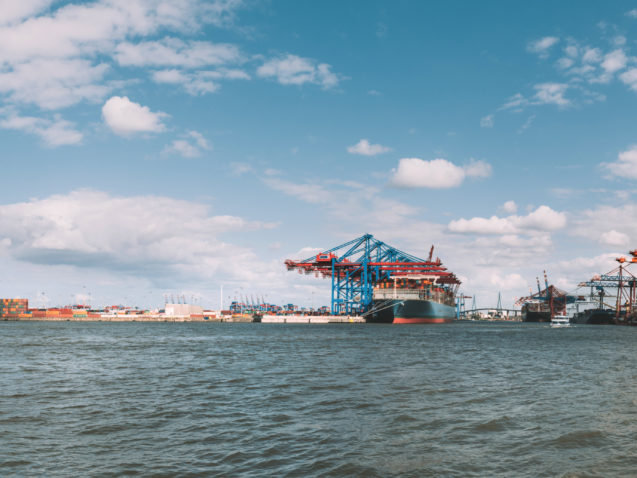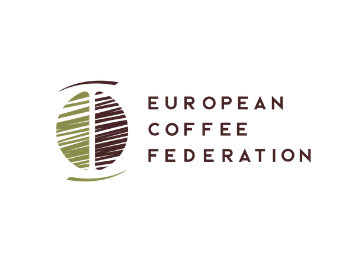The trade in green coffee is facilitated if a shipment is bought and sold under the same conditions of sale.
The European Coffee Federation (ECF) provides a common contract – that is well established in the sector – to simplify the procedure and avoid misunderstandings.
The ECF European Standard Contract for Coffee (ESCC) facilitates a common framework to enable an agreement between two parties, creating a legal obligation for both to perform specific acts. The contract is lodged with the various arbitral bodies in Europe.
The first edition of the ESCC was published in 2018, as the result of the amalgamation of the European Contract for Coffee, European Free Carrier Contract for Coffee, European Contract Spot Contract and European Delivery Contract for Coffee.
There are three contract types covered by the ESCC:
- Shipment: Shipment contracts cover movement of coffee from the port of shipment to the port of destination. It has to be recognised that it is common for buyers to arrange for on-carriage of coffee without stripping the container and reloading. Therefore, buyers have the right to arrange for on-carriage of containers on the stipulated conditions.
- Delivery: These contracts are generally made for coffee for delivery at an agreed place in Europe basis in/ex store or FCA. The coffee eventually tendered under a delivery contract will not necessarily be already lying in Europe at the time of sale and, importantly, any failure by the sellers to obtain coffee does not release the sellers from the obligation to tender.
- Spot: Spot coffee is coffee lying in a warehouse in Europe at the time of sale. Usually, the conditions will be in/ex store, FOB, FCA, DAT, DAP or DDP.





